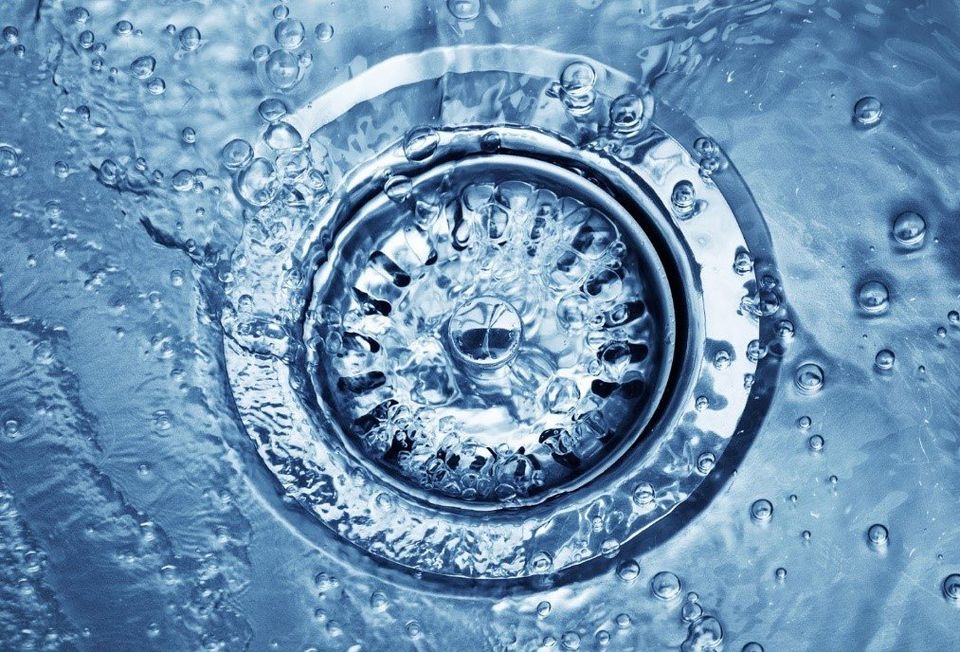3 Tips for Preventing Septic System Damage
If you live outside a city or large town, your home might have its own septic tank. Septic tanks are convenient waste management systems that rarely require maintenance. However, this does not mean that the way you use your septic system will not have an impact on its life.
Knowing what you can do to minimize the risk of damage to your septic tank and drainfield will help you avoid costly repairs down the line. Learn about three tips that will help keep your septic system healthy for years to come.
1. Maintain Efficient Water Usage
Every septic system has a certain capacity of liquid it can hold at any given time. When wastewater reaches your septic tank, the liquid component goes to the leach pipes in your drainfield. Heavy water usage in your home can fill up your septic tank and exceed the speed at which your drainfield can dispose of liquid. The most common consequences of this are septic system overflows in your drainfield and septic backups in your home.
Moderating your home's water usage is the simplest way to avoid overwhelming your septic system. Consider taking showers more often than baths, and limit loads of laundry to once or twice per day. Inspect your home's plumbing for problems like faucet leaks and running toilets, and repair them promptly.
For a more proactive approach to efficient water usage, you can even install low-flow fixtures, such as showerheads, throughout your home. This will reduce the amount of water that reaches your septic system each day without the need to change your home's water usage habits.
2. Do Not Drive or Park on the Drainfield
The leach pipes in your drainfield are not buried as deep as you may think. The soft and frequently saturated soil of a drainfield will not support a vehicle without placing pressure on the leach pipes that could crush them. In the event of a drainfield collapse, you may be on the hook for hundreds of dollars’ worth of septic repairs and you may need to call a tow truck to free your vehicle, too.
The weight of a vehicle will also compact the soil in the drainfield until it can no longer absorb moisture properly. Liquid waste from your septic system will not be able to reach the surface and evaporate, and a septic backup will become even more likely.
3. Watch What You Put Down Your Drains
Nothing will have a bigger impact on the health of your septic system than what you put down your drains. Even if you use a garbage disposal, be sure food waste will not cause a problem further down in the septic system. Coffee grounds will settle in the bottom of the tank and take a long time to decompose, and liquid grease and fat will cool and harden in the tank.
With paper products, toilet paper is the only thing that is safe to flush. Even wipes and other products that say flushable are unlikely to decompose properly inside your septic tank. You should also avoid using chemical toilet bowl cleaners, as these can kill bacteria that break down waste inside the tank.
Homeowners with a septic tank have to think a little more about how they use their system than those with homes connected to a sewer main. Fortunately, preventing septic system damage is not difficult with the right know-how and a little bit of forethought.
Keep these tips in mind to protect your septic system, and contact us at Southern Sanitary Systems Inc for all your septic service needs. We look forward to speaking with you. Please let us know about any questions or concerns you may have about your specific septic system.








